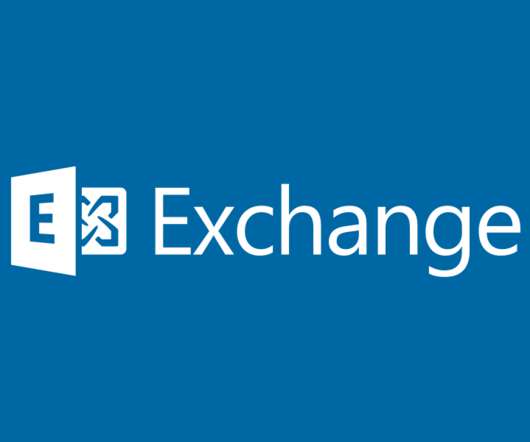Weekly podcast: 2018 end-of-year roundup
IT Governance
DECEMBER 13, 2018
This week, in our last podcast of the year, we revisit some of the biggest information security stories from the past 12 months. As is now traditional, I’ve installed myself in the porter’s chair next to the fire in the library, ready to recap some of the year’s more newsworthy information security events. caused problems of their own.














Let's personalize your content